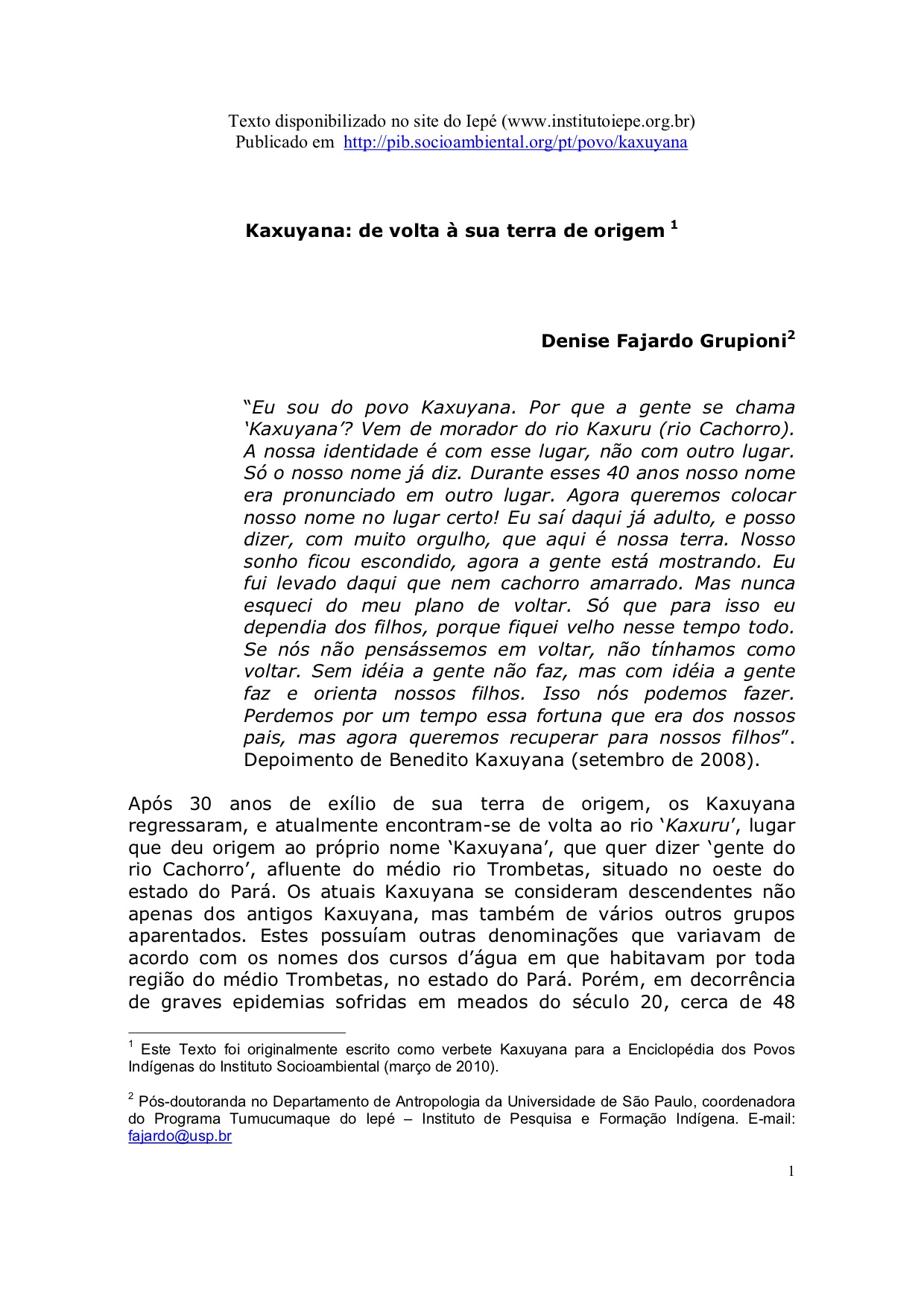Statutory recognition of customary land rights in Africa
Given the recent trend of granting vast areas of African land to foreign investors, the urgency of placing real ownership in the hands of the people living and making their livelihood upon lands held according to custom cannot be overstated. This study provides guidance on how best to recognize and protect the land rights of the rural poor. Protecting and enforcing the land rights of rural Africans may be best done by passing laws that elevate existing customary land rights up into nations' formal legal frameworks thereby making customary land rights equal to documented land claims.

